20 Nigerian Delicacies for a Flavorful Culinary Adventure
Nigerian food celebrates bold flavors, rich spices, and diverse ingredients across an array of vibrant dishes.
Many feature locally sourced ingredients, bringing an authentic and fresh taste to the table.
The textures range from creamy stews to crispy delights, catering to a wide range of palates.
Meals are often hearty and flavorful, perfect for those who love intense tastes.
The list below highlights the top 20 best Nigerian dishes to experience this dynamic cuisine:
20 Iconic Nigerian Recipes to Savor
Nigerian dishes are packed with bold flavors and hearty ingredients. These 20 recipes highlight the best of this rich cuisine.
Abacha And Ugba
Abacha and Ugba embodies a unique twist on traditional African cuisine, often celebrated as the African Salad.
Originating from Nigeria's Igbo community, this dish features sun-dried cassava transformed into abacha, combined with sliced oil bean seeds known as ugba.
The vibrant mix can include fresh vegetables tailored to your taste and is typically accompanied by fried fish and ponmo (cowskin).
Surprisingly enough, what appears to be a hearty meal is traditionally enjoyed as a dessert in many settings.
Afang Soup
Afang soup is a rich vegetable-based dish celebrated for its seafood infusion, particularly popular in Southern Nigeria.
Originating from the Efik tribe, it showcases a delightful combination of tender meats, stockfish, and an array of ocean delicacies like prawns and periwinkles.
The unique flavor profile stems from Afang leaves finely chopped and incorporated into this comforting broth.
Often enjoyed alongside pounded yam or eba, it offers a satisfying meal that warms both body and soul with every spoonful shared at the table.
Akara
Akara is a savory bean cake deeply fried to golden perfection, often referred to as Kosai in Nigeria’s Northern regions.
Renowned for its crispy exterior and soft interior, this dish transforms simple ingredients into a beloved delicacy enjoyed throughout the country.
The preparation begins with soaking beans until their skins can be easily removed; they are then ground into a smooth paste that forms the base of these delightful cakes.
Commonly served alongside larger meals or as a standalone snack, Akara offers both texture and flavor that resonates with many palates across Nigeria's diverse culinary landscape.
Amala And Ewedu
Amala and ewedu is deeply rooted in the cuisine of Western Nigeria, particularly among the Yoruba community.
This unique combination features smooth amala made from yam flour, which perfectly complements the rich ewedu soup crafted from jute leaves blended into a silky consistency.
Often garnished with your choice of meat and tender ponmo (cowskin), this pairing enhances both flavor and texture while balancing out the natural earthiness of ewedu with hints of tomato and pepper sauce for added depth.
Banga Soup
Banga soup is a common dish within Nigerian cuisine, particularly favored in the Southern regions.
Richly prepared from ripe palm fruit, this delightful soup can be tailored with an assortment of meats or fish to suit individual tastes.
The aroma that wafts through the kitchen while it cooks is truly enticing and adds to its appeal.
Often paired with white rice or starch, this hearty meal invites you into a world of rich flavors that are sure to satisfy any palate.
Beans And Plantain
Beans and plantain is a Nigerian dish that captures the heart of local flavors.
This comforting meal features ripe, fried plantains paired with hearty mashed beans, creating a satisfying blend that's both filling and wholesome.
Often accompanied by dried fish or various seasonings, this traditional favorite can be enjoyed throughout Nigeria, making it an essential part of everyday dining.
With its straightforward preparation and rich taste profile, you’ll find yourself drawn to this dish time after time as you explore the vibrant culinary landscape of Nigeria.
Boiled White Rice
Boiled white rice is a staple in Nigerian households, known for its straightforward preparation and widespread popularity.
Often enjoyed during Sunday gatherings, this dish highlights the significance of communal meals in Nigeria’s vibrant culture.
Typically paired with rich stews or savory soups adorned with fish or meat, it elevates family celebrations into memorable feasts.
To enhance its flavor profile, you can incorporate various herbs and spices that reflect regional tastes.
Efo Riro
Efo riro is a flavorful soup deeply rooted in the culinary traditions of Nigeria, particularly among the Yoruba people.
Characterized by its rich blend of pumpkin leaves, choice meats such as chicken or fish, and often an assortment of other vegetables, this dish adapts beautifully to what ingredients are available.
You can find efo riro enjoyed daily in homes and on restaurant menus across the Western regions of Nigeria due to its hearty nature and satisfying taste.
Egusi Soup
Egusi soup is a staple in Nigerian cuisine, celebrated for its rich texture and hearty flavor.
Crafted from ground melon seeds, this dish incorporates an array of ingredients like fresh vegetables, seafood, or meat seasoned to perfection.
Often reserved for festive occasions or special gatherings, it brings people together over shared traditions and deliciousness.
Traditionally paired with pounded yam or garri, egusi soup elevates any meal into a memorable experience that resonates with cultural significance and communal joy.
Ewa Agoyin
Ewa agoyin is a Nigerian dish particularly beloved in the Western regions among the Yoruba community.
Originating from the Benin Republic, it has seamlessly woven itself into Nigeria's culinary landscape.
The heart of this recipe lies in its creamy mashed beans paired with a distinctive pepper sauce crafted from an array of spices and ingredients that pack a flavorful punch.
Often enjoyed alongside slices of bread or various side dishes, it offers an intriguing taste experience that keeps you coming back for more.
Garri
Garri, a staple in Nigerian households, is crafted from cassava.
This dish undergoes a meticulous process of harvesting, peeling, washing, grinding, and frying until it reaches the desired texture.
Once prepared, you can easily transform garri into eba by adding hot water; this dough-like accompaniment pairs beautifully with various soups that define Nigerian cuisine.
As an integral part of daily meals across diverse regions and ethnicities in Nigeria, garri embodies not just nourishment but also community traditions and shared experiences at the table.
Jollof Rice
Jollof rice is a quintessential Nigerian dish enjoyed nationwide, renowned for its rich flavors and versatility. This one-pot meal features rice cooked in a savory blend of tomatoes, onions, peppers, and aromatic spices that create an unforgettable taste experience.
Often accompanied by various proteins such as chicken or beef alongside fresh vegetables or fried fish, it caters to diverse palates effortlessly. The ease of preparation invites creativity with countless variations tailored to individual preferences.
Beyond Nigeria's borders, jollof rice enjoys popularity in other West African nations like Ghana where it holds cultural significance too.
Moi Moi
Moi Moi features a distinct and hearty flavor profile that sets it apart in the realm of Nigerian cuisine.
Crafted from blended beans, this dish stands out due to its unique cooking method, boiling instead of frying, which results in a thick, savory pudding.
Enhanced with ingredients like tomatoes, peppers, oil, and various spices, each serving is often topped with fish or egg for added richness.
While its appearance may be humble, the depth of taste offers an exciting experience for anyone willing to explore traditional Nigerian fare.
Nkwobi
Nkwobi is a distinct Nigerian delicacy, deeply rooted in Igbo culture and traditionally celebrated in the eastern regions of Nigeria.
Crafted from the flavorful legs and head of cow, this dish comes alive with garnishes like Utazi leaves and rich palm oil, offering a unique taste profile that stands out among soups.
Often enjoyed alongside a refreshing glass of palm wine, it's said to complement the richness beautifully while enhancing digestion.
Interestingly enough, despite its hearty appearance resembling a main course, Nkwobi is commonly served as dessert; thus, planning lighter meals beforehand allows room for savoring this exquisite treat afterward.
Ogbono Soup
Ogbono soup embodies the essence of Nigerian comfort food, recognized for its unique slippery texture.
Crafted from ground bush mango seeds, this savory dish comes alive with a rich combination of meats and fish along with an array of spices that enhance its flavors.
Often enjoyed alongside pounded yam or eba, it's a staple in households across Nigeria throughout the year.
Its simplicity in preparation makes it a beloved choice for daily meals, offering both nourishment and warmth to those who savor it.
Okpa
Okpa is renowned for its rich flavor and unique texture.
Hailing from Enugu State, this dish has captured the hearts of many across the nation and beyond.
Crafted from ground Bambara nuts mixed with hot water, it incorporates ingredients like crayfish, palm oil, pepper, pumpkin, and various spices to create a wholesome treat.
Often enjoyed as a side or snack option, Okpa stands out for its nutritional value while delivering an authentic taste experience that reflects Nigerian culinary culture.
Pepper Soup
Pepper soup is a fiery broth that highlights the bold flavors of various peppers, combined with an array of spices to create a robust dish. Featuring ingredients like beef, chicken, mutton, or fresh fish, it caters to diverse palates and preferences.
Renowned for its invigorating aroma and warmth, this soup serves as both a comfort food and a vibrant starter at gatherings. You’ll find it gracing tables across Nigeria and often enjoyed in bars alongside chilled beer.
With every bowl offering not just heat but also nutritional benefits from its rich spice profile, it's no wonder this dish holds such popularity nationwide.
Pounded Yam
Pounded yam is a beloved staple in Nigerian cuisine, known for its smooth and stretchy texture that pairs perfectly with various soups.
This dish involves boiling yams until they are tender, then expertly pounding them into a creamy consistency that is both filling and satisfying.
Originating primarily from the Yoruba people of Western Nigeria, pounded yam transcends regional boundaries, enjoyed by many across the country.
Typically served alongside rich stews or savory soups like egusi or ogbono, it offers an authentic taste of Nigeria's culinary heritage while inviting you to savor its hearty goodness at any meal.
Suya
Suya is a beloved Nigerian street food that celebrates the rich flavors of grilled meat, particularly beef. What sets it apart is its tantalizing blend of spices, primarily Yaji, which infuses each skewer with a unique taste before it's cooked over an open flame.
Often served in the evening, suya comes wrapped in foil or newspaper and pairs beautifully with fresh cabbage, tomatoes, and onions for added crunch. This dish finds its roots predominantly among the Hausa people in Northern Nigeria but has gained popularity nationwide due to its simplicity and deliciousness.
The smoky aroma alone draws you into this culinary experience that's both satisfying and deeply rooted in local tradition.
Tuwo Shinkafa
Tuwo shinkafa is a comforting dish that embodies the essence of Nigerian cuisine with its simplicity and heartiness.
Often enjoyed by the Hausa people in northern Nigeria, this mashed rice delicacy involves boiling rice until tender before transforming it into a semi-solid lump.
Traditionally paired with various soups, it serves as an everyday meal staple across households.
Its versatility makes tuwo shinkafa suitable for both casual lunches and cozy dinners, offering a satisfying experience that reflects local traditions while inviting you to savor authentic flavors at any table.

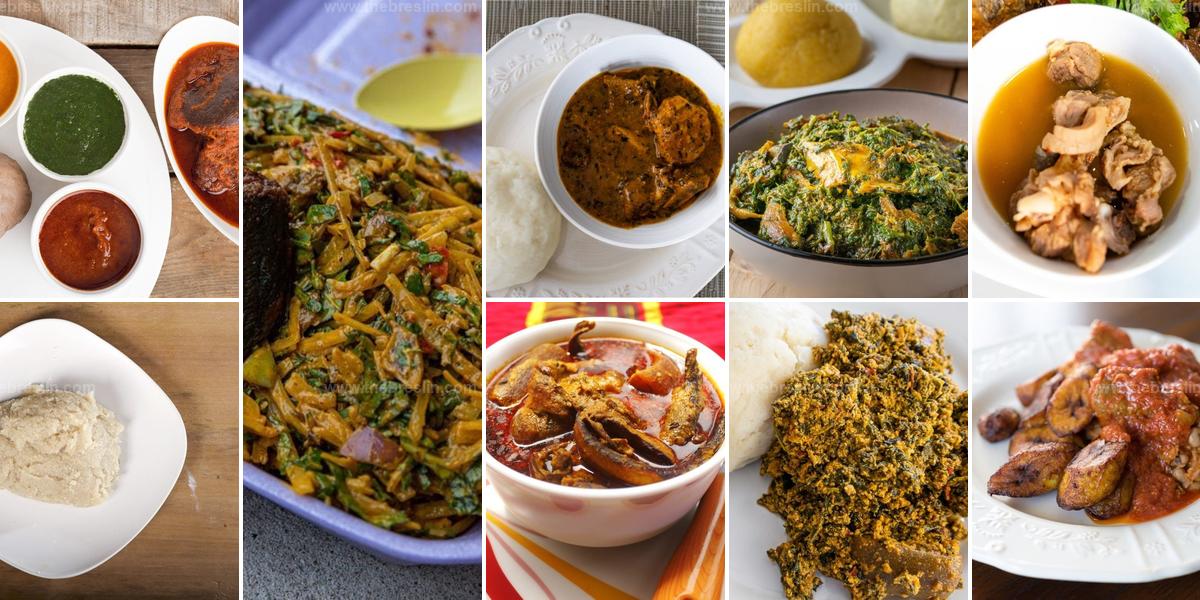
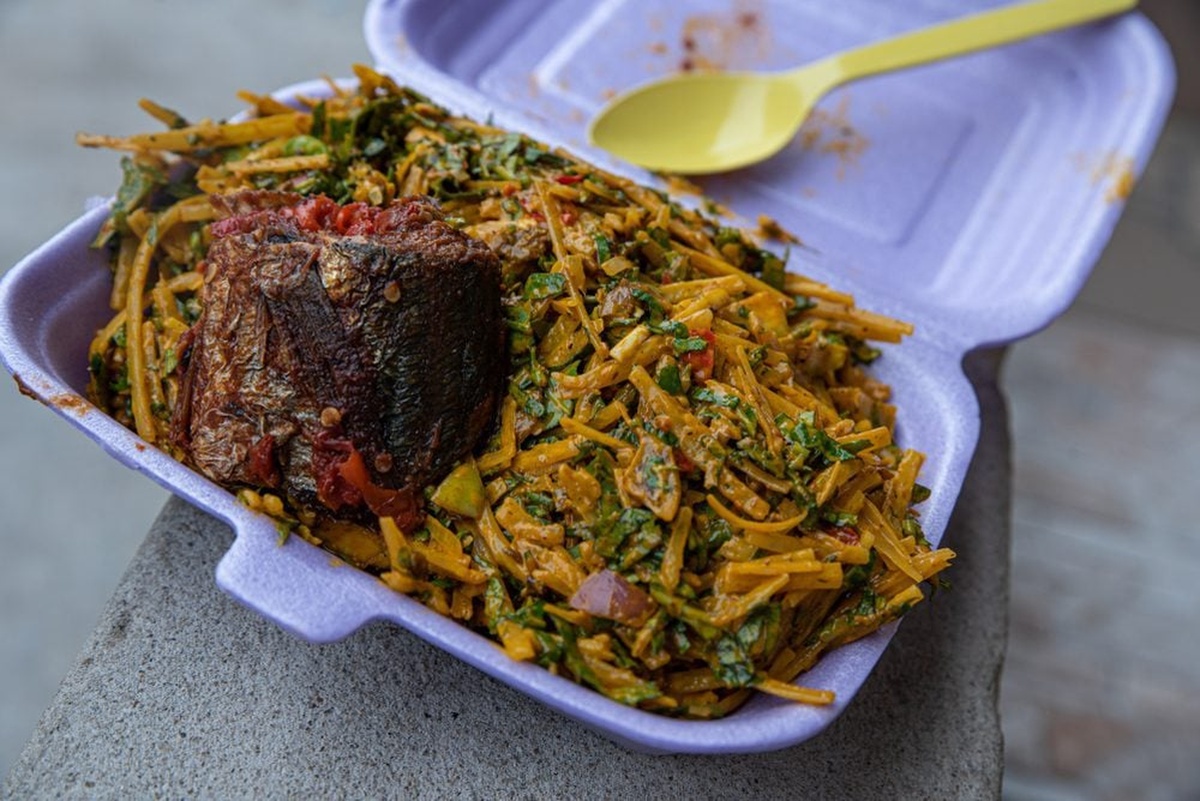
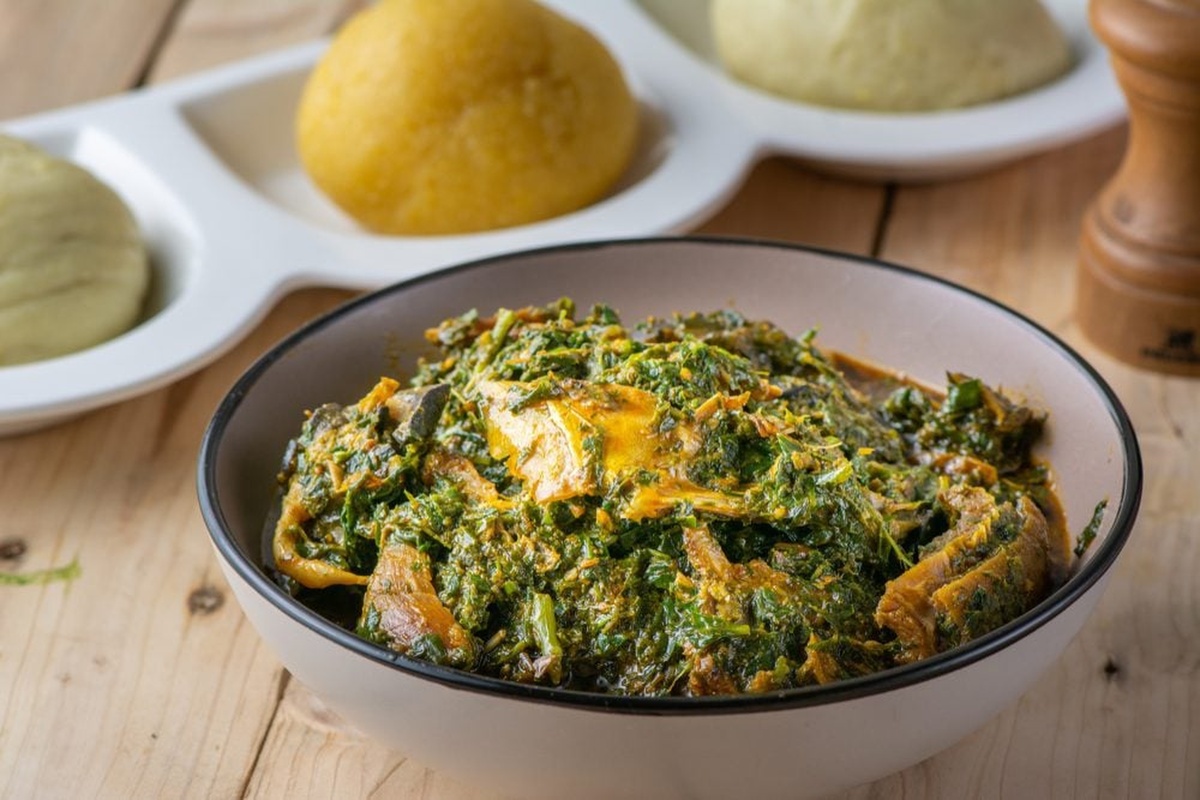

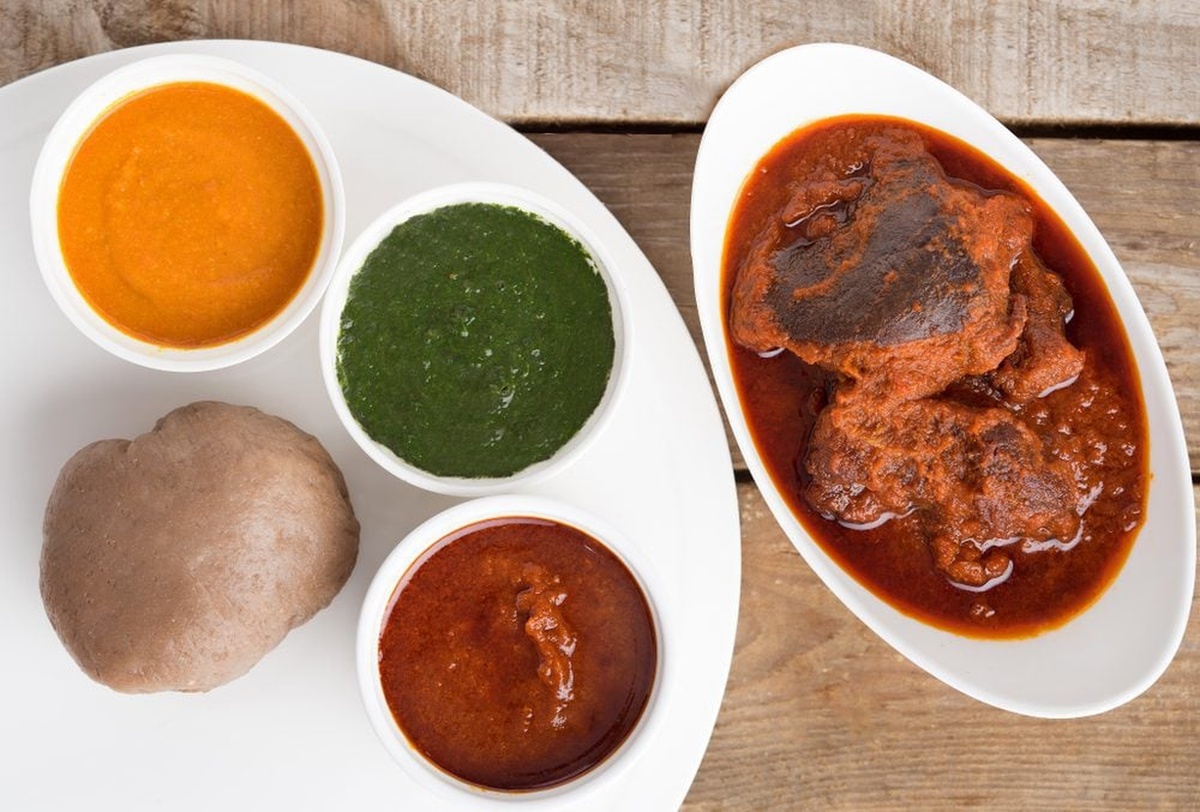
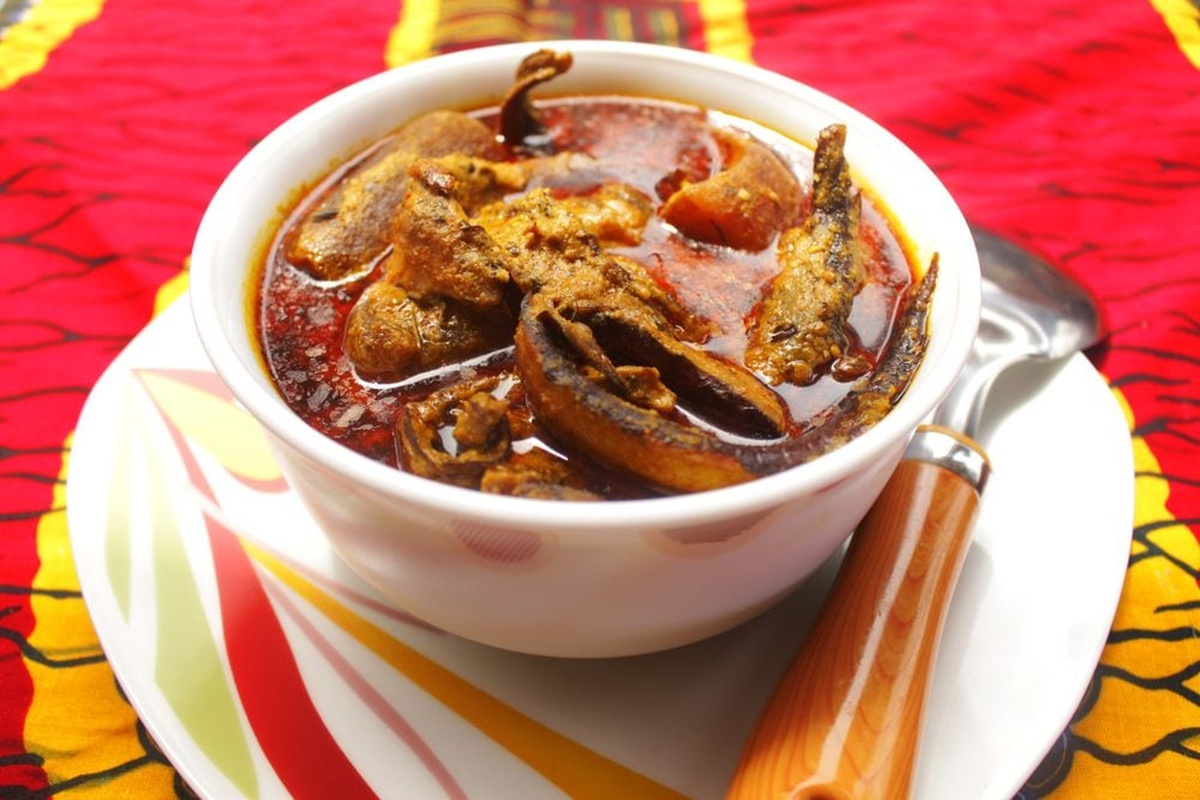
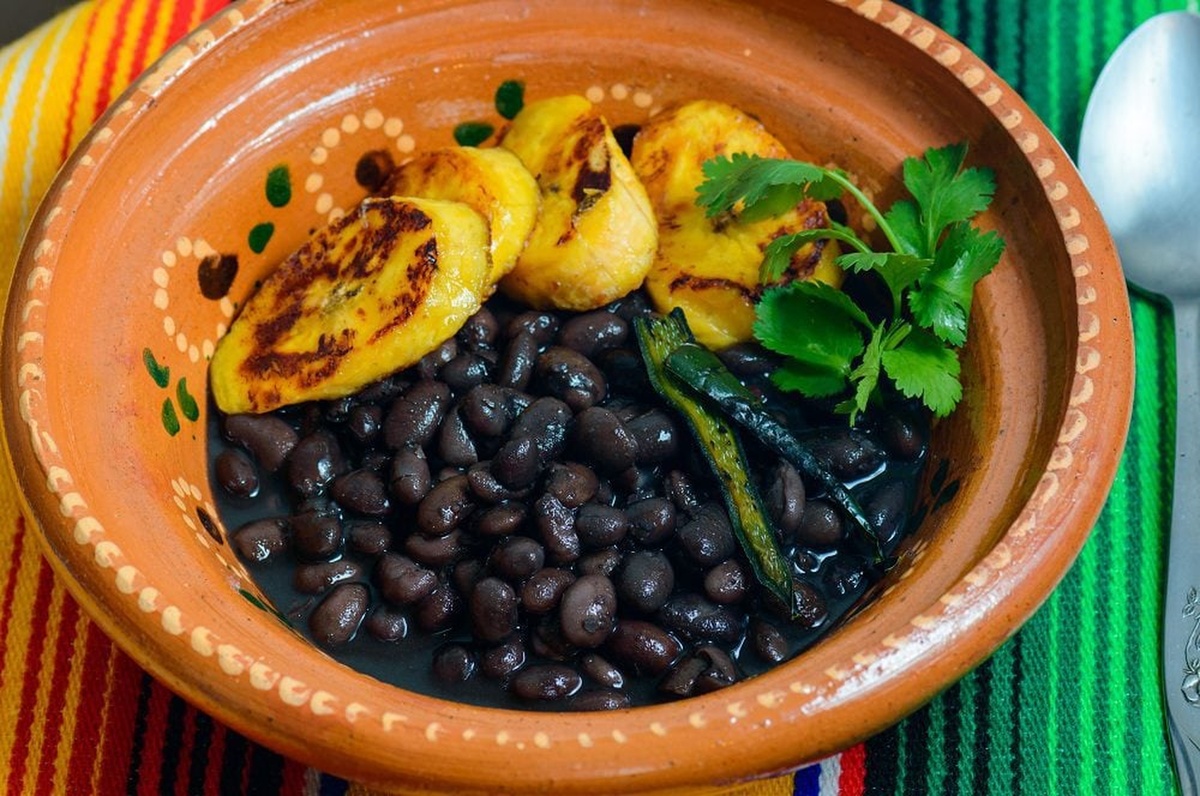
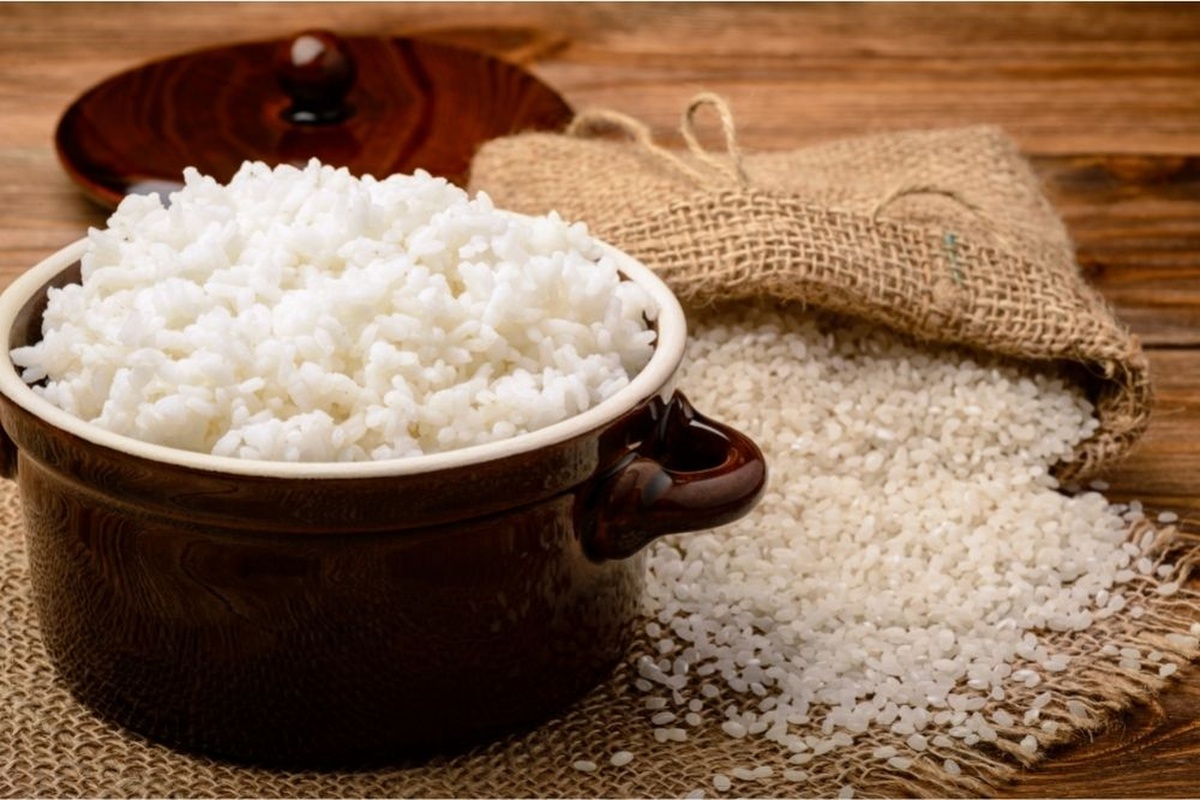
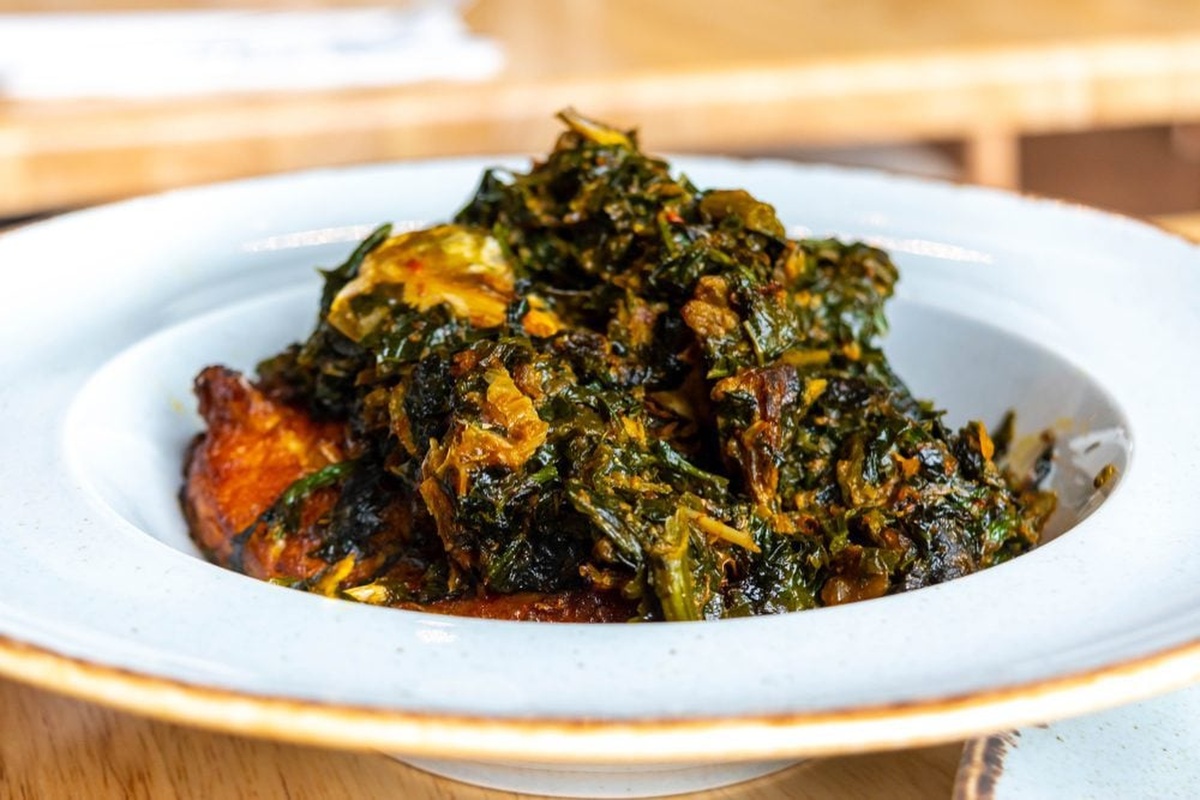
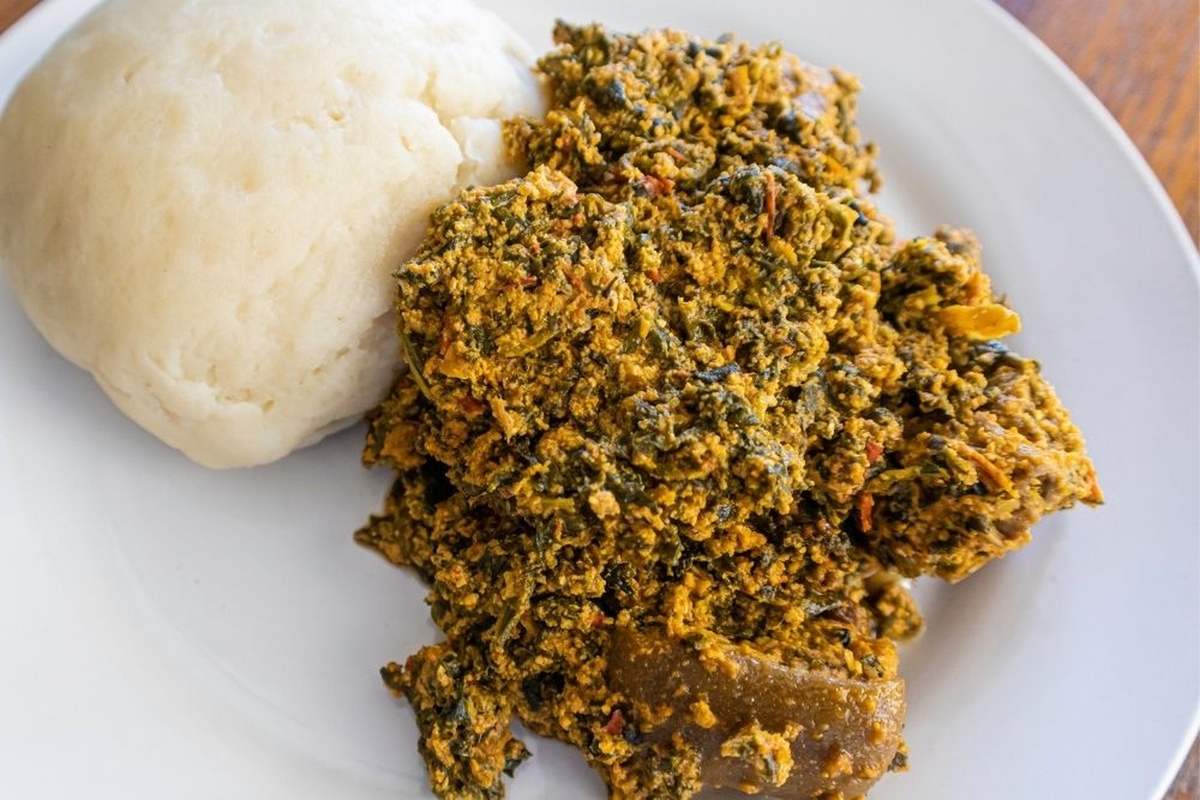
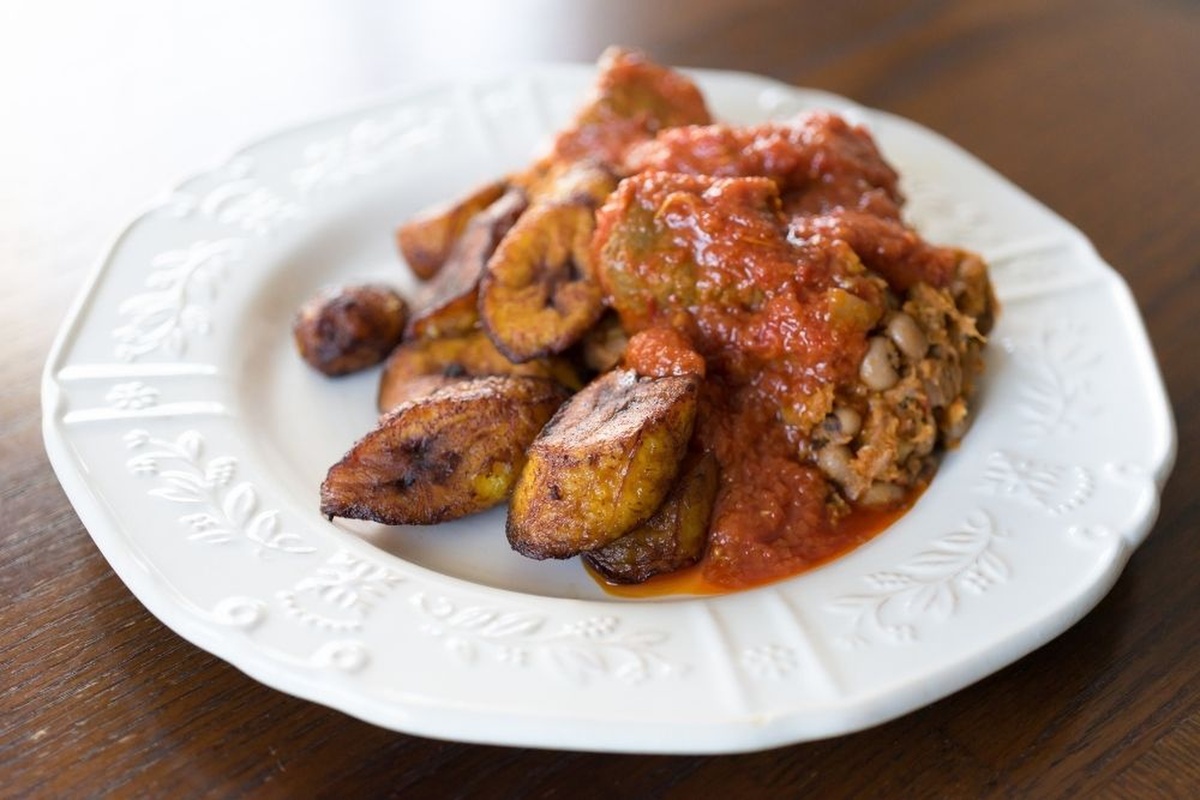
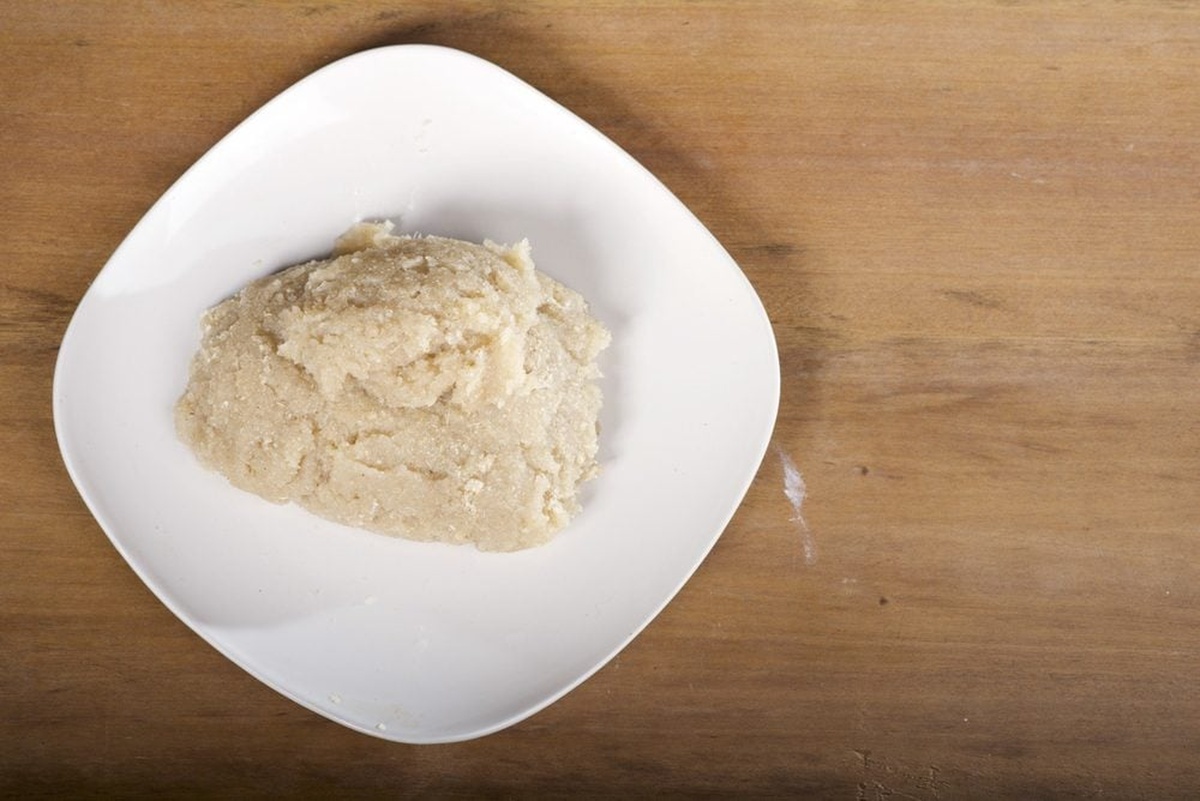
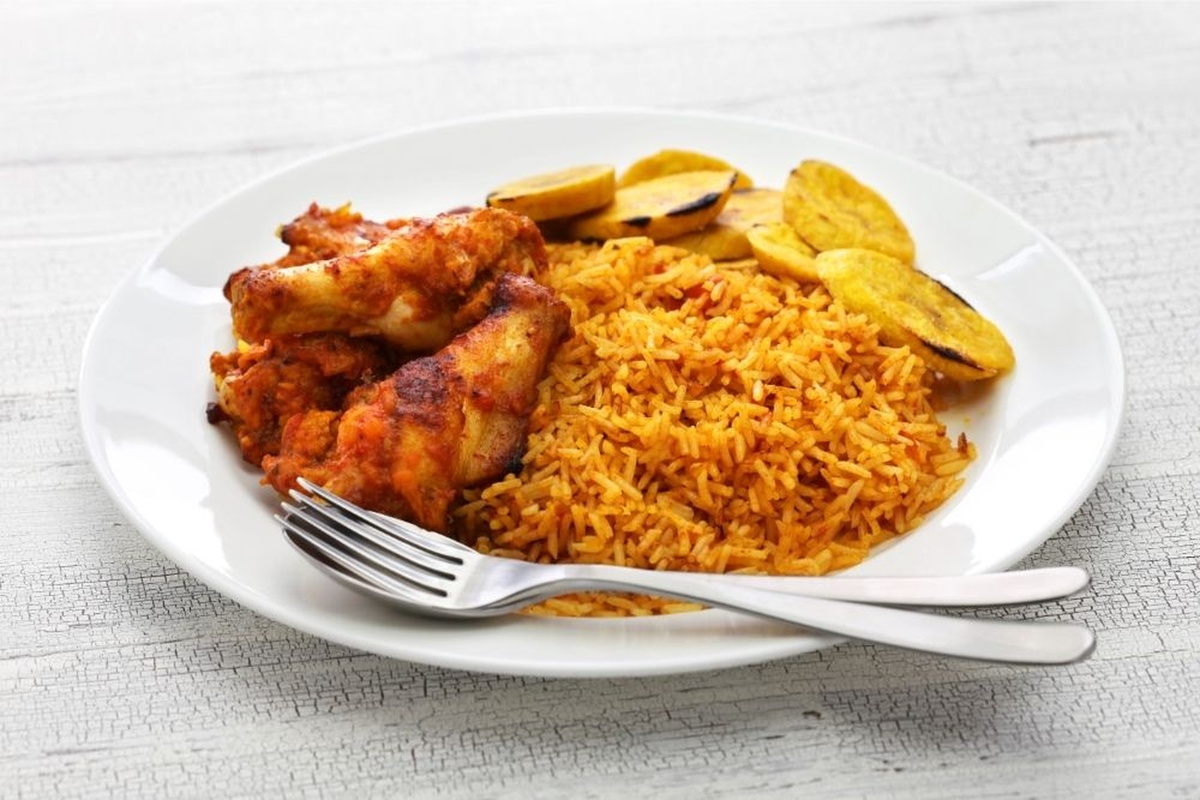

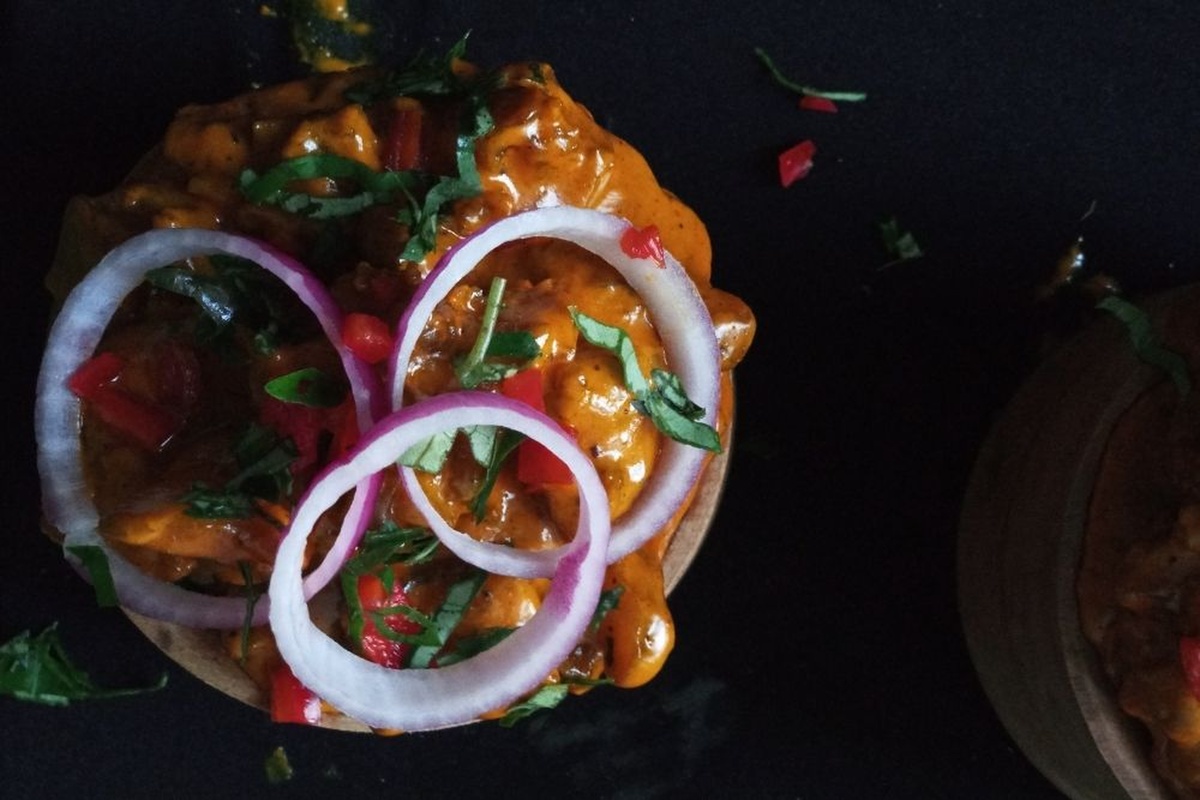
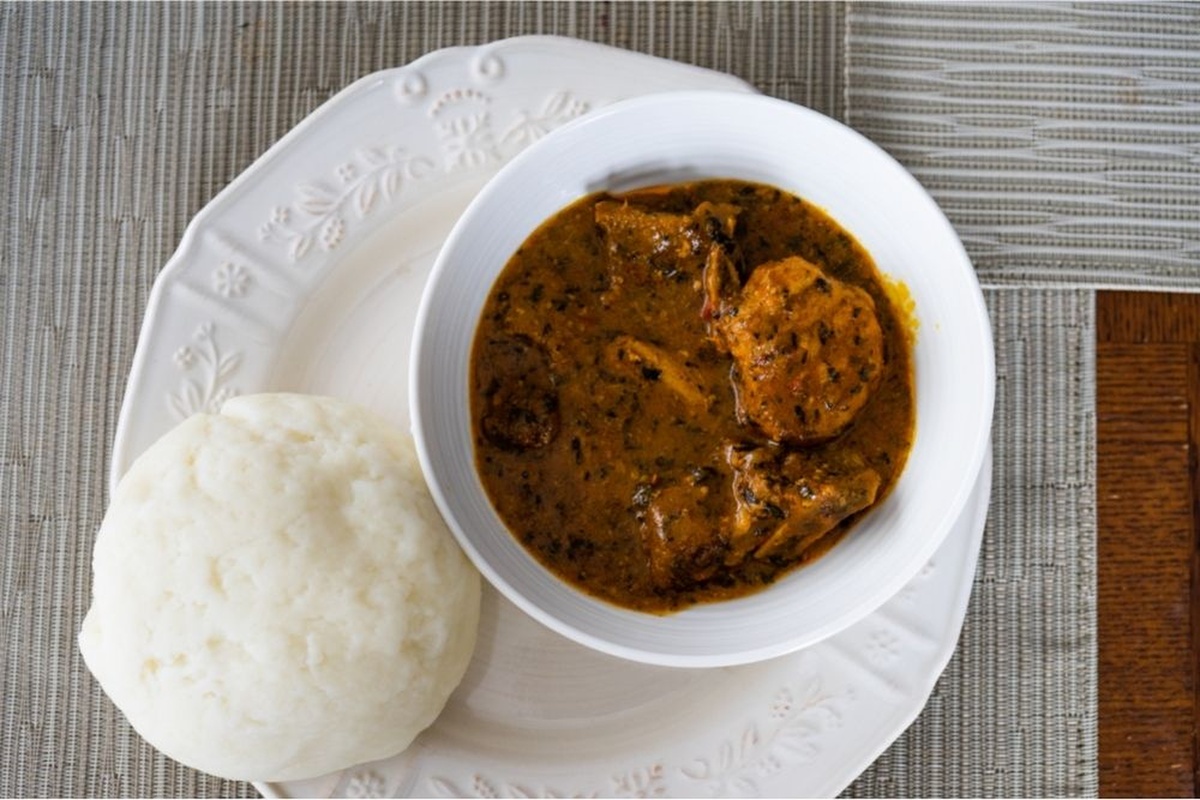
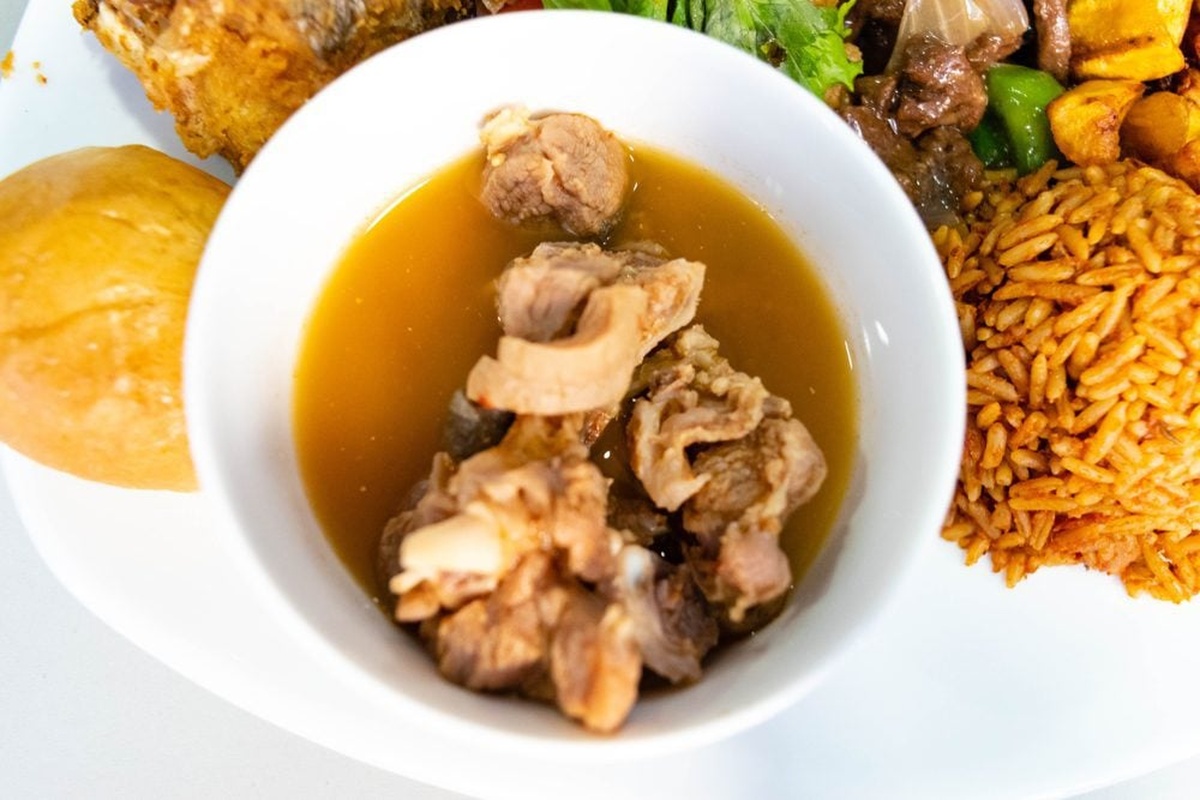
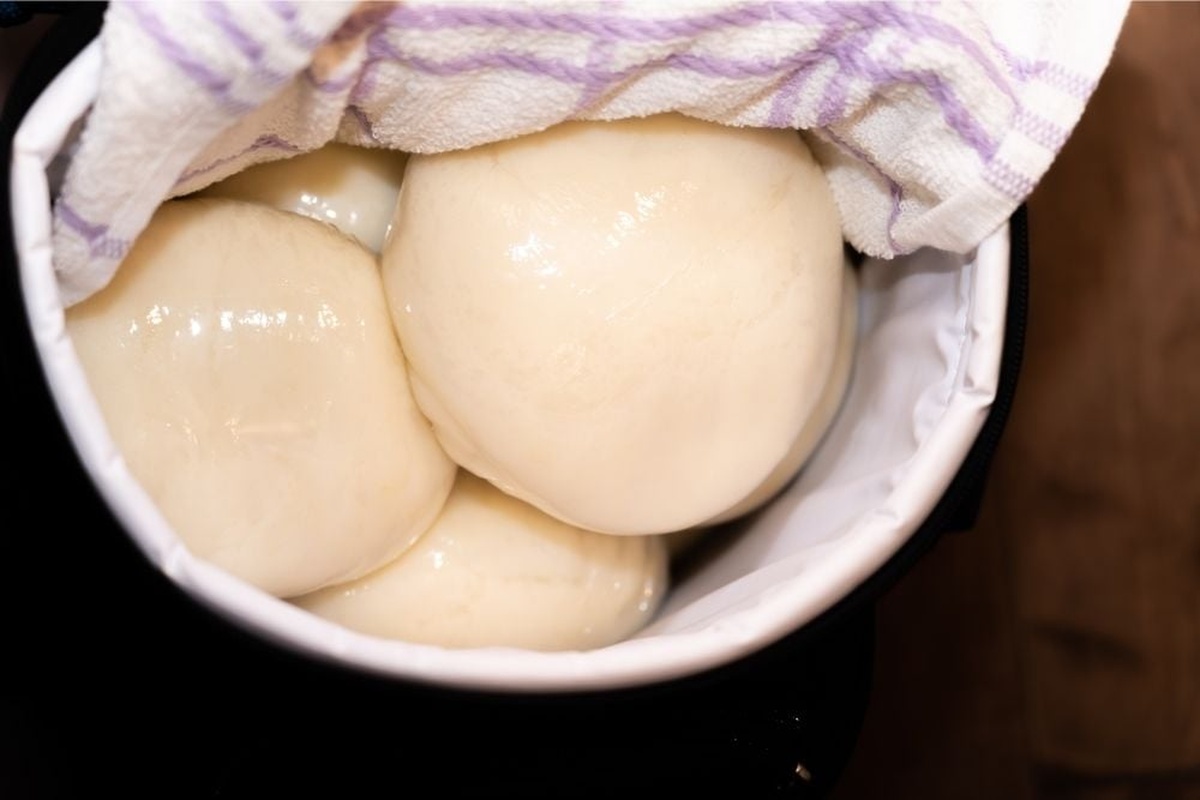
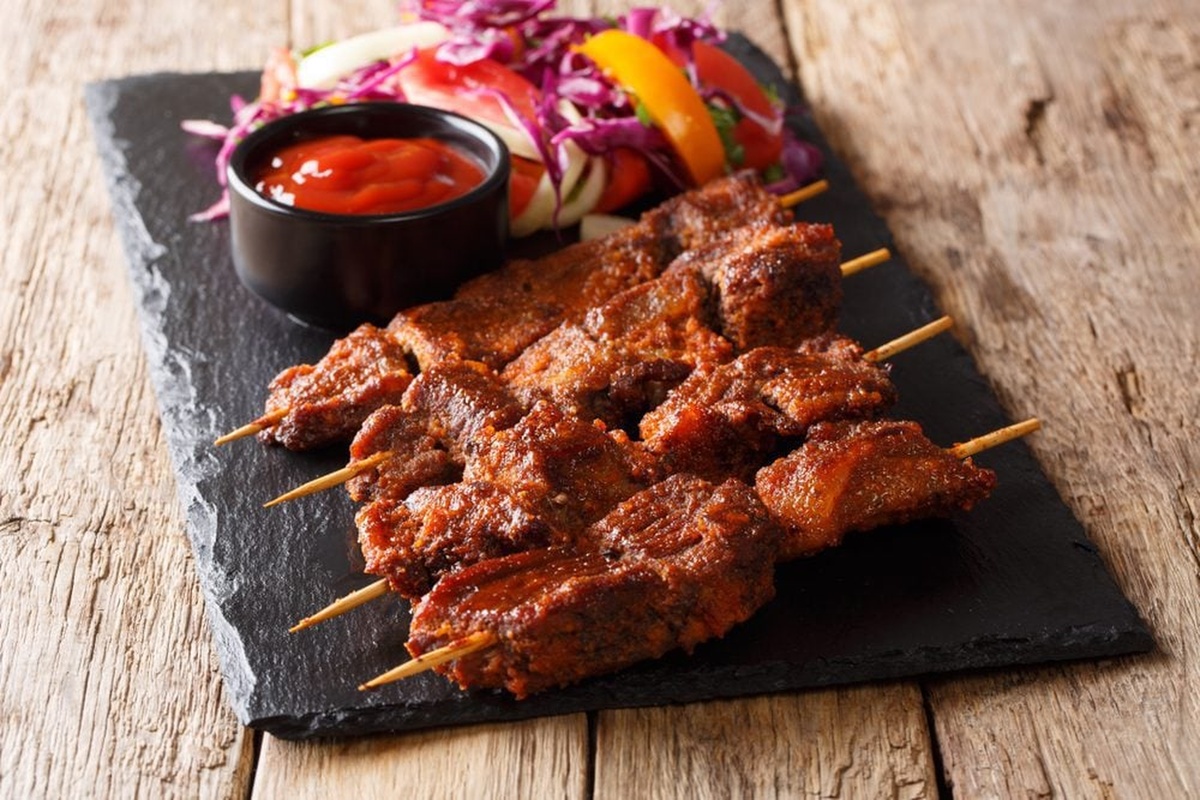
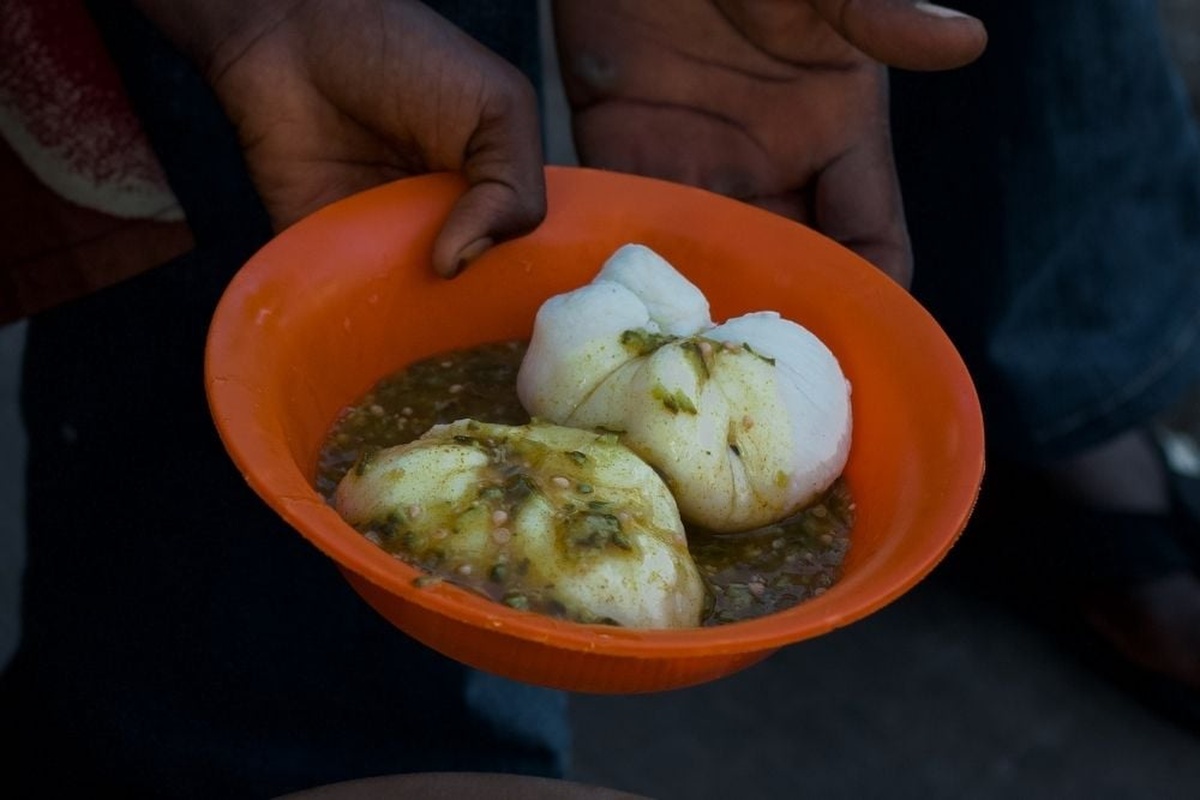
David Martinez
Travel and Food Writer
Expertise
Culinary Travel Writing, Food Photography, Cultural Food Exploration, Restaurant Reviews, Gastronomic Event Coverage
Education
The Culinary Institute of America (CIA), Greystone Campus, St. Helena, CA
Program: Associate Degree in Culinary Arts
Focus: Hands-on training in culinary techniques and kitchen management, blending traditional methods with contemporary food trends.
Le Cordon Bleu, Paris, France
Program: Grand Diplôme (Diploma in Cuisine and Pâtisserie)
Focus: Comprehensive culinary training in both classic French cuisine and pastry arts, emphasizing precision, creativity, and professional kitchen operations.
David Martinez is a travel and food writer who explores the world one dish at a time. With culinary training from The Culinary Institute of America and Le Cordon Bleu, David captures the heart of each place he visits through its food. His journeys, from vibrant markets in Asia to intimate bistros in Europe, inspire his storytelling.
At thebreslin.com, David shares recipes and stories that give readers a taste of global food culture. His approachable writing and passion for authentic flavors help readers feel connected to the world’s kitchens, one bite at a time.